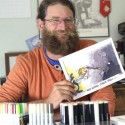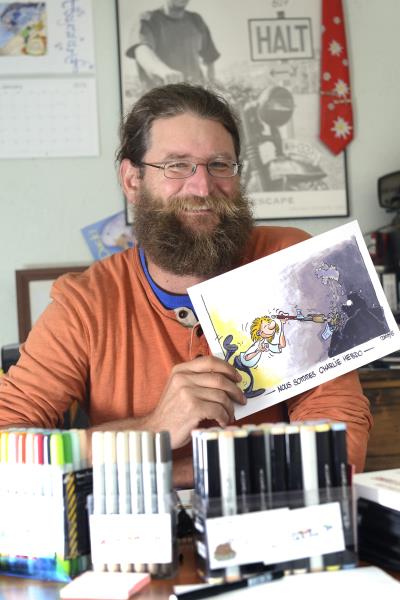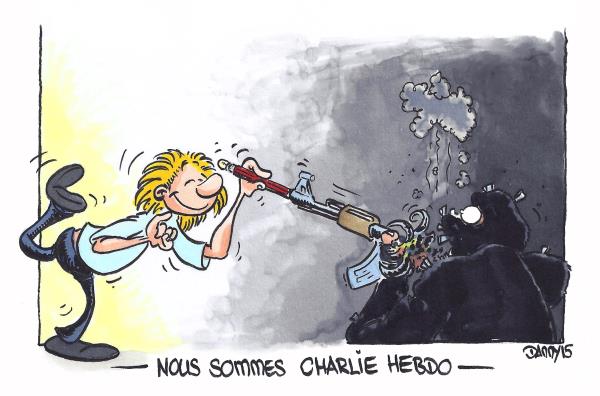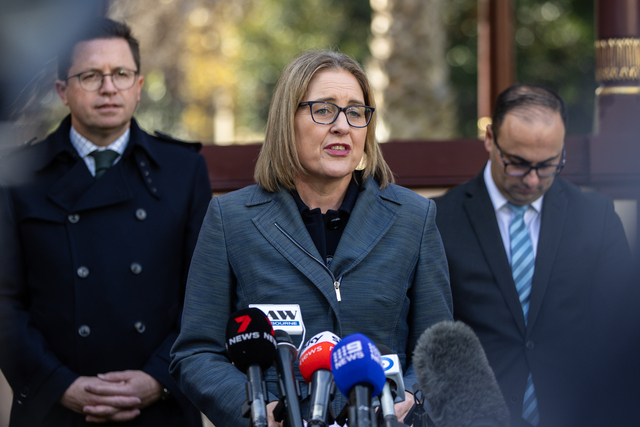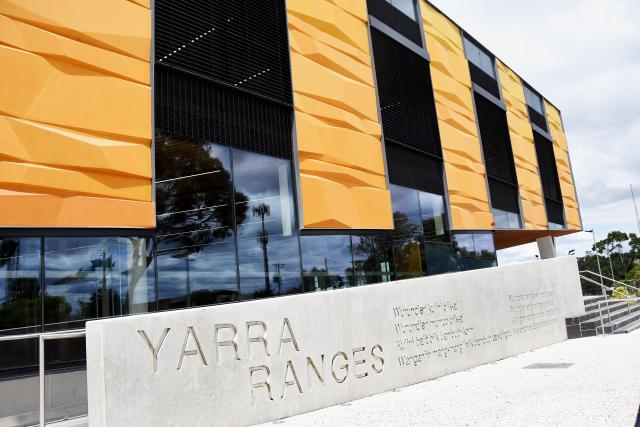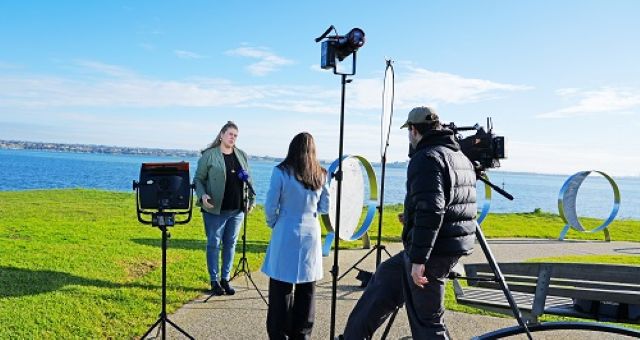By KATH GANNAWAY
THE pen is mightier than the sword. In the case of Healesville cartoonist Danny Zemp, it’s the pencil that gets the message across.
His response to the Charlie Hebdo killings in France by terrorists sent shock waves around the world and raised not only the profile of the cartoon as a medium, but questions around free speech and the role of satire in mainstream publications, and on social media.
Danny’s response was very much in tune with his philosophy – clear, thoughtful and powerful.
No need to interpret.
He told the Mail although he didn’t know any of the murdered Charlie Hebdo cartoonists and other staff, it was devastating, shocking and kind of personal.
“It felt like part of a family have been attacked; cartoonists are a fairly close community,” he said.
“It was interesting to read other people’s (cartoonists) blogs and comments on social media, hardly anyone was angry. It was more an overwhelming disappointment that they were attacked in such an extreme way for expressing their mind in a way we see it as communicating with others,” he said.
Danny’s cartoon style, and his philosophy however is by no means as confronting, or offensive, and that’s a conscious and considered approach.
He says the message is what’s important. “You want to make people laugh, but also to encourage them into conversation. We communicate with pictures and ideas.
“A picture can speak more than 1000 words, so we can be quite powerful with what we depict, and I”m conscious of that fact and not trying to hurt or offend.
“Satire can be quite offensive, Tony Abbott in budgie-smugglers, Julia Gillard with a big nose and bum – and it can be offensive, but in political cartoons it’s what stands out in caricature (that identifies the person).
“Just drawing someone in a funny way, or highlighting characteristics, doesn’t mean that person is bad.”
He cites The Chaser, Shaun Micaleff and Adam Hills with The Last Leg as examples in Australia where satire works, and could be seen as offensive to some people or groups.
“Chaser are very critical about what is happening around them and it opens a different view about a current subject that may have been swept under the carpet.
“Some of it is a bit crude, but that’s their way of getting the message across. Should we censor that … probably not,” he says.
He says a cartoon or television satire has to be clever, not just crude.
“If it’s just out there to offend, I think people turn off. You can throw an offensive comment in if you can back it up with something funny and people will accept that.”
Is there a line to be drawn? A line he wouldn’t cross?
“I personally don’t mock religion or take the mickey out of people’s beliefs. Basically I’m not trying to offend,” he says, but adds he is not entirely surprised in the current climate at the extreme response to Charlie Hebdo.
“There is never justification for something like this over a cartoon; they are very satirically active (in Paris) and they do set out to offend, so in that way I am not surprised at the reaction, but this repercussion is too extreme.”
On one point, he is unwavering. There should be no restriction on freedom of speech. “We have enough restrictions. It comes down to the individual to understand what freedom of speech means, to say what we want to say.
“You can make your point without being offensive, but you’re always treading a fine line,” he says.

